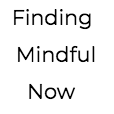Media
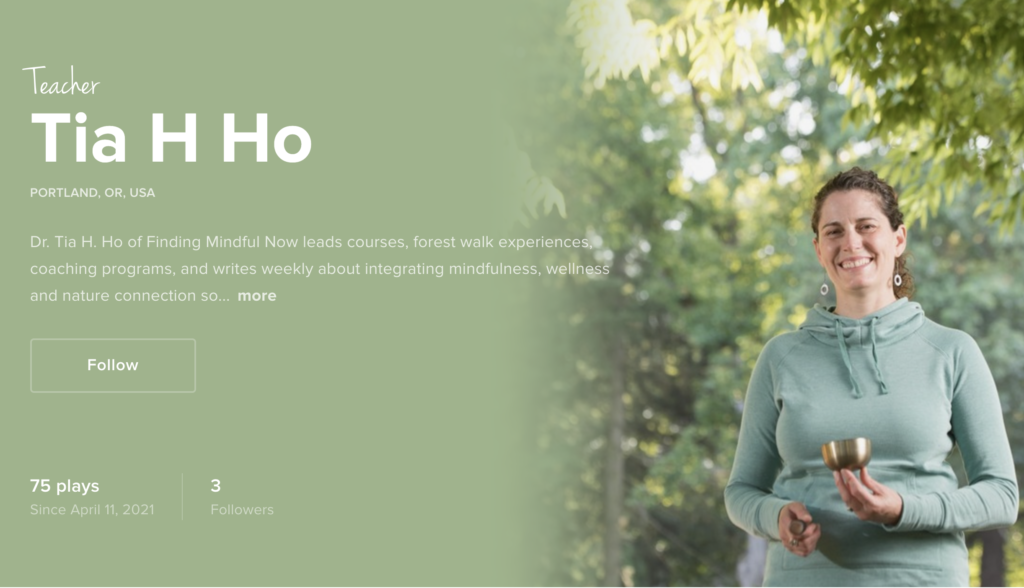
Newsletters Recorded on Insight timer
I record an audio version of my weekly and sometimes excerpts from the monthly newsletter on Insight Timer. If reading emails is not your thing, you can tune in by clicking on the image to the left.
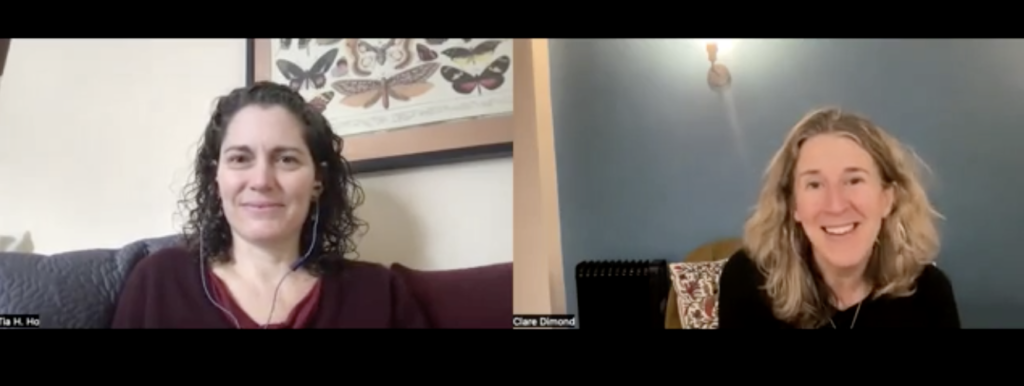
My coach interviews me
(click the heading to listen)
I recently had the honor of being interviewed by my life coach Clare Dimond in her podcast. She receives a number of inquiries regularly about how bodywork is connected to healing and wanted to hear more about its role in my process. Fresh out of Embody Lab’s Integrated Somatic Trauma Therapy certification in January of 2023 I’ve been continuing to explore using mindfulness of bodily sensations as emotional capacity resources. You can hear more in our chat by clicking on the header.
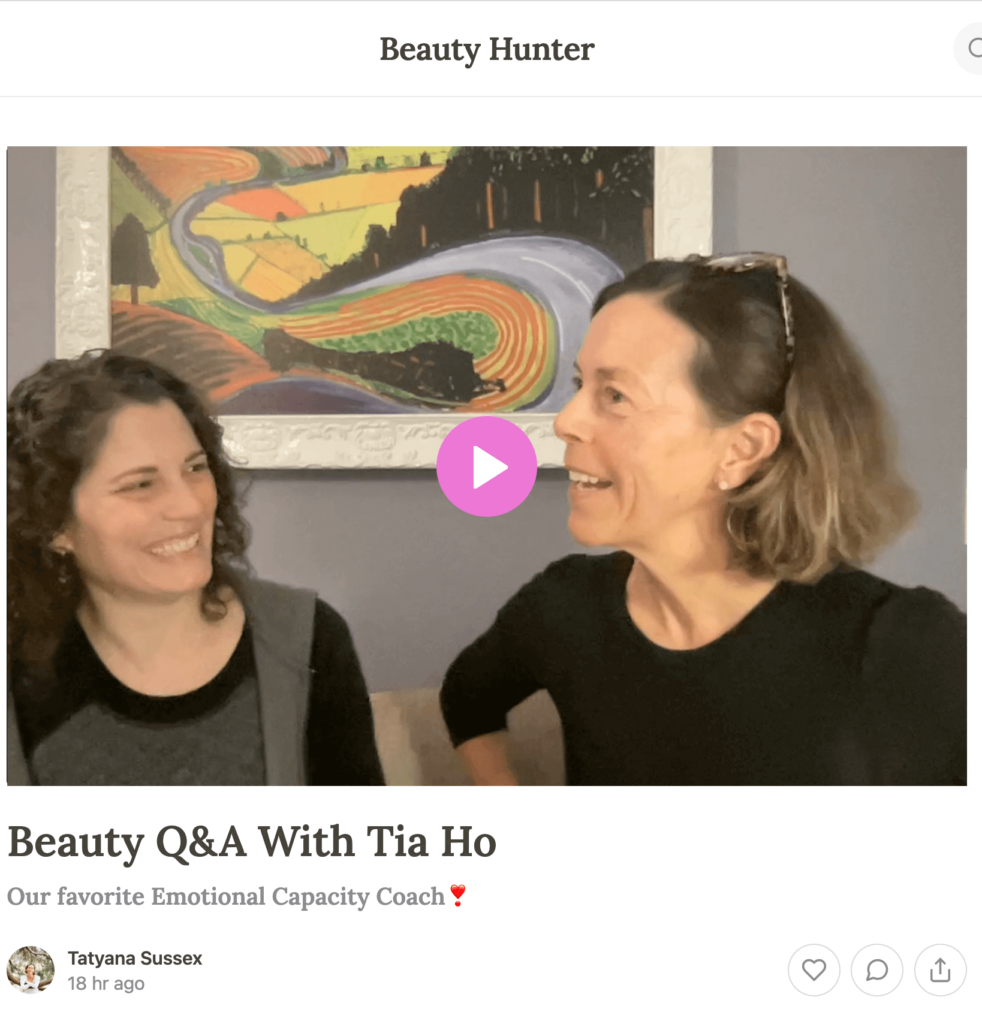
Beauty Hunter Interview
My friend Tatyana Sussex, also known as the Beauty Hunter, interviews me about multiple topics. You can go to the article by clicking on the image. Notice you get an option on the substack page that lets you click to the article without subscribing at the bottom of the page.
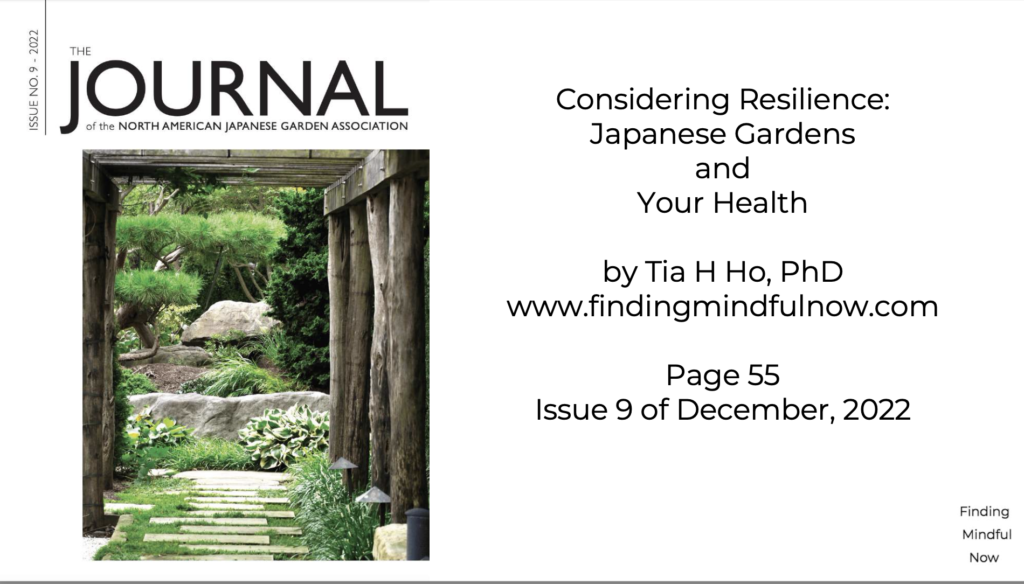
North American Japanese Garden Association Talk
In this live presentation I review some of the literature about human health and access to thriving greenspaces, including Japanese Gardens.
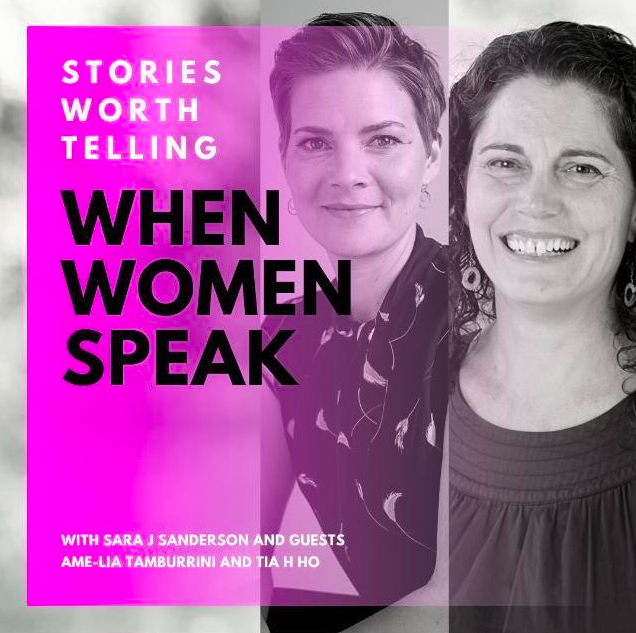
Real change starts with you. In this episode, Tia talks with colleagues about her experience in a program related to being the change we wish to see. Click on the image to go to the podcast.
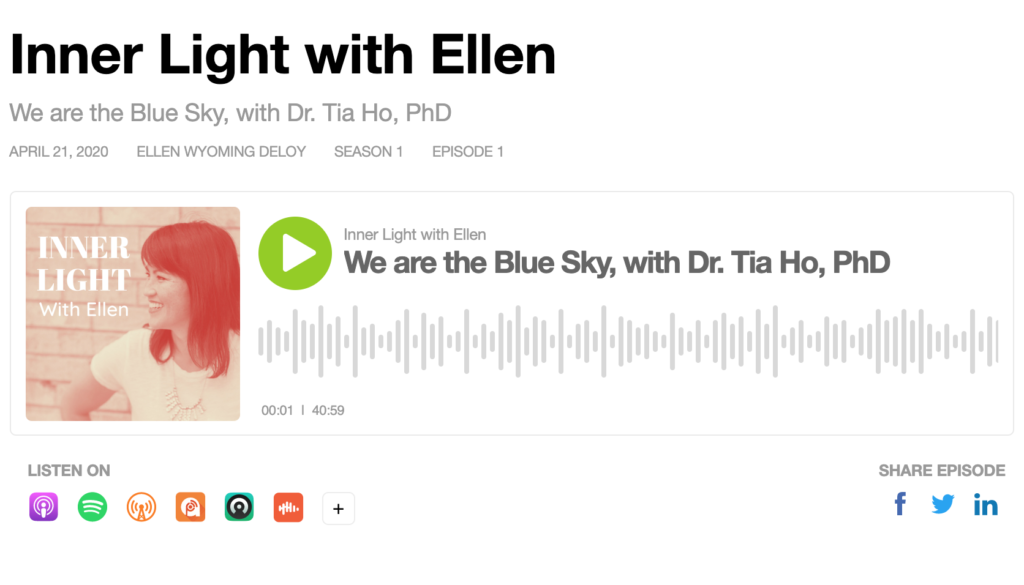
Awareness is the source of change. In this episode, Ellen Wyoming Deloy and Tia talk about brain science, trauma, and starting where you are. Click on the image to go to the podcast.
Mindfulness Walks Research Base
Finding Mindful Now uses a resilience framework that views mindfulness as an entry point to self-awareness that supports and expands our innate personal resilience (1-3). Mindfulness practice is a perfect complement to time in nature to promote well being. In a recent study, people were randomly assigned to walk in a mostly nature-based setting with mostly green-space for 90 minutes or to walk in an all-urban setting with mostly pavement/asphalt, buildings, cars, loud noise and limited greenery. Participants who went on the nature walk reported less rumination (thinking about themselves in a negative way) and neural images showed less activity in areas of the brain linked to feeling sadness, engaging in negative self-reflection, and experiencing depression compared to those who walked in the urban environment (4). Participants who went on the urban walk did not report any change and brain scans did not reveal the same changes in brain activity.
Researchers propose that mindfulness practice results in better self-regulation through development of three capacities: managing attention, self-awareness, and emotional regulation (5). Numerous studies among adults indicate that mindfulness can moderately reduce stress and anxiety, and help manage pain as part of this self regulation pathway (5). More recent studies also indicate that brief (10 minute) mindfulness meditation practice can reduce implicit race and age bias and reduce discriminatory behavior (6). While researchers continue to investigate when, how and under what conditions this can work, we can explore it in our own lives.
Sources:
1. Kabat-Zinn, J. (1990). Full catastrophe living: The program of the Stress Reduction Clinic at the University of Massachusetts Medical Center. New York, NY: Dell.
2. Van Dam, N.T. et al. (2018). Mind the hype: a critical evaluation and prescriptive agenda for research on mindfulness and meditation, Perspectives on Psychological Science, 13(1) 36-61.
3. Siegel, D.J. (2018). Aware: The science and practice of presence, New York, NY: Tarcher Perigree.
4. Bratman, G.N., et al (2015). Nature experience reduces rumination and subgenual prefrontal cortex activation PNAS, 112 (28) 8567-8572.
5. Tang, Y. et al. (2015). The neuroscience of mindfulness meditation, Nature Reviews Neuroscience, 16, 213-225.
6. Lueke, A. and B. Gibson (2016). Brief mindfulness meditation reduces discrimination, Psychology of Consciousness: Theory, Research, and Practice, 3(1), 34-44.
